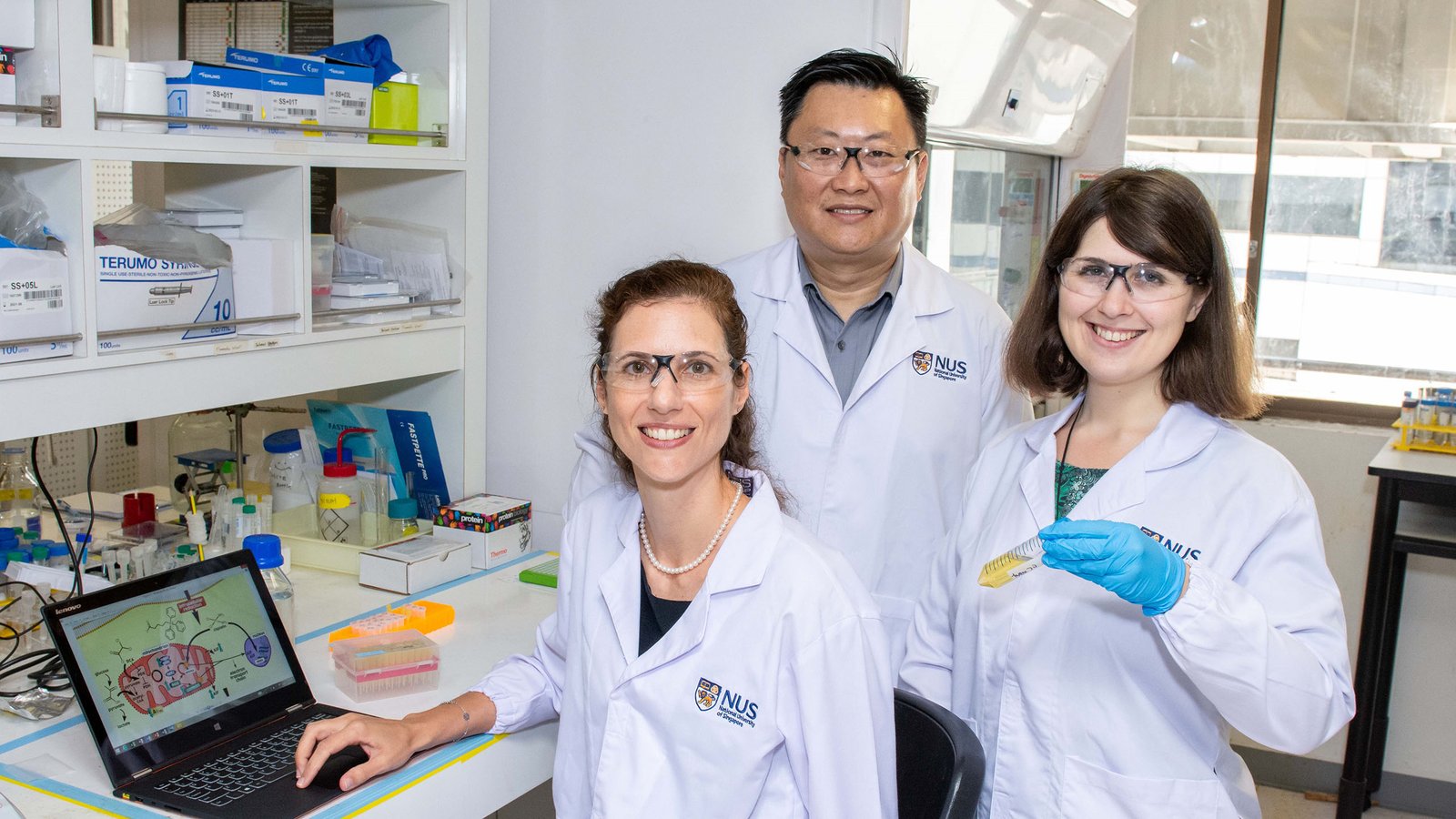
A team of National University of Singapore (NUS) pharmacists and chemists has developed a new anti-cancer drug that has less toxic effects to the kidneys.
The new drug works like a ‘magic bullet’ that is delivered directly to the mitochondria — the power generators of cells — of cancer cells.
Once the drug reaches the tumour, two active molecules — an anti-cancer drug and a sensitizer — are released at once, and they attack the mitochondria, leading to the death of cancer cells.
Such a targeted approach reduces the drug’s interactions with other tissues, minimising side effects and it is expected to lower the risk of patients developing resistance to anti-cancer drugs like cisplatin.
To improve the efficacy of the new drug, the research team is looking into adjusting the doses and frequencies of the treatment. They are also studying combinations of different anti-cancer drugs, and examining ways to packaging them into suitable drug delivery systems to increase efficacy, decrease side effects and tackle drug resistance among cancer patients.




